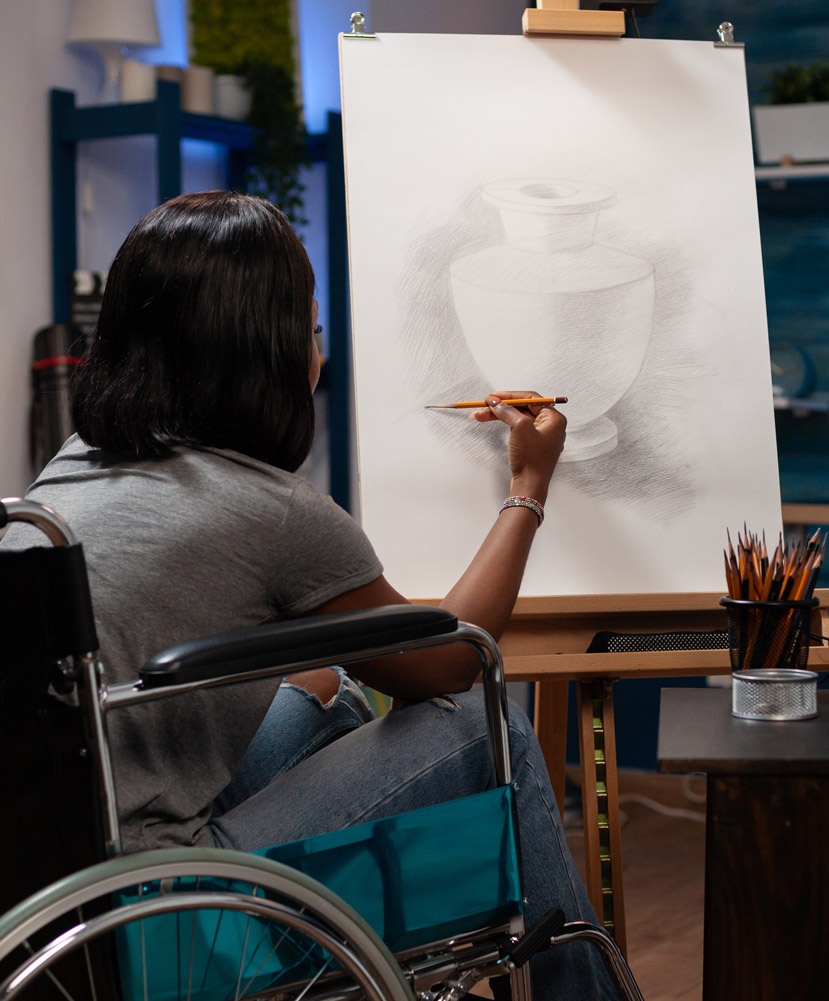Understanding the Need
Facts: Each year nationally, tens of thousands of students with developmental differences (DD) age out of their publicly funded school system. In many states, the cutoff for students with disabilities to receive services is 21, as federal special education funds don’t pay for services after a student turns 22. Research shows that these young adults often experience considerable physical and mental health challenges during this life-stage transition due to the changes in familiar environments, social circles, and the nature and level of supports. Studies also indicate that there are limited opportunities for meaningful employment and social participation due to prejudice, negative stereotyping, aggression, or indifference by the community. In fact, it has been estimated that 82% of people with developmental differences are unemployed due to a lack of opportunity, rather than a desire or ability to work in some capacity. Many of these young adults and their families are left with little hope for social inclusion or a meaningful future with purpose

The Rights of those with Developmental Differences
Changes in how people with developmental differences are perceived, and prevailing attitudes toward them, are increasingly reflected not only in national laws and regulations, but also in specific international conventions currently being used worldwide to develop, implement, and monitor social policies and professional practices aimed at promoting the inclusion and independence of people with DD in society. More than a decade ago, in an effort to focus attention on the dignity of people with disabilities and their right to participate fully in community life in the same way as any other citizen, the United Nations Convention on the Rights of Persons with Disabilities (CRPD) was approved and ratified by 180 countries.
The CRPD was an international milestone recognizing the change in attitudes toward people with disabilities, based on the premise that people with disabilities, including those with DD, should have an active role in making decisions about their own lives, carry out productive activities, be included in society, and receive appropriate supports to allow them to live as full citizens, on an equal basis with others. Thus, the CRPD sets out rights that go far beyond what is strictly required by law, emphasizing economic, social, and cultural rights.
